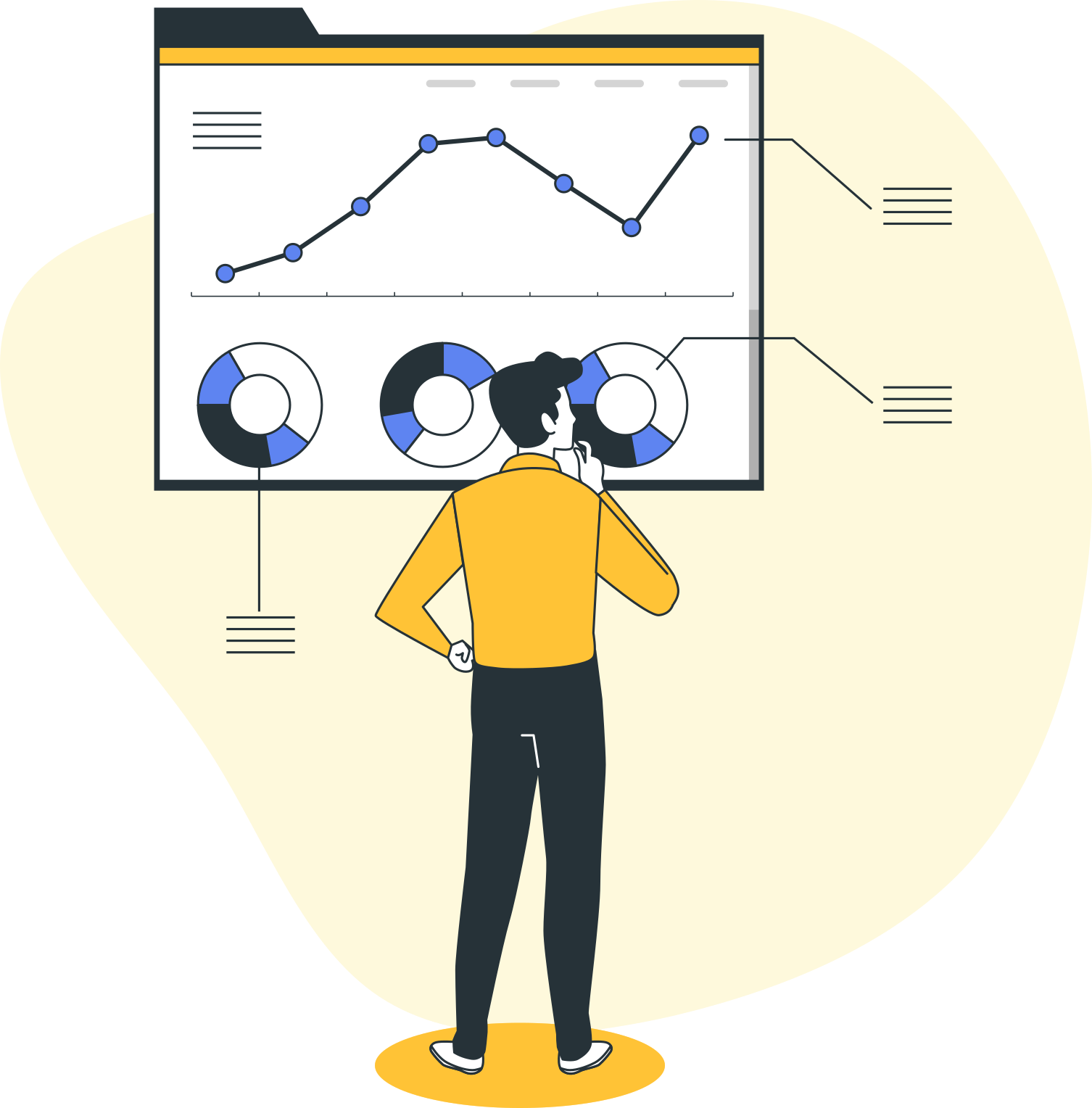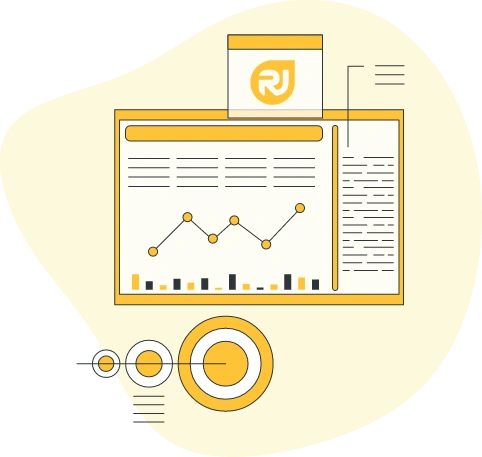Workplace trends: stay ahead with real employee insights
The way businesses operate is constantly evolving. Shifts in technology, staff expectations, and company culture are redefining the future of work. Companies that fail to adapt risk losing top talent, facing low engagement, and falling behind competitors. From remote work and AI-driven HR solutions to diversity initiatives and employee well-being, keeping up with workplace trends is no longer optional—it’s essential for business success.
To stay ahead, organizations need real-time workers insights—not assumptions. Review.jobs empowers businesses to track, analyze, and act on employee sentiment, allowing them to identify key trends, enhance employer branding, and create a work environment that attracts and retains top talent. With data-driven decision-making, organizations can adapt proactively, improve employee satisfaction, and maintain a strong competitive edge.
Request a demo




